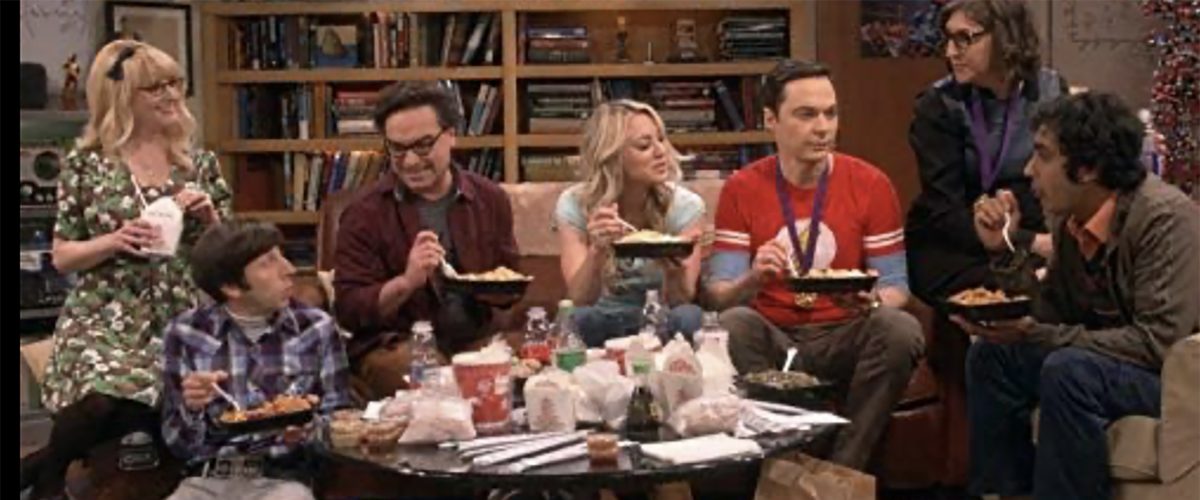I hope reading this column is a good use of your time, and I hope writing this column was a good use of my time, because you and I waste a lot of time.
We turn on the TV out of habit. We plunk down on the sofa for five minutes and it becomes an hour spent looking for something to watch. Or worse, we watch The Big Bang Theory. We already had seen the episode where Sheldon is irritating, and we cannot figure out why Penny and Leonard are together, but, then again, that is all of them.
We mindlessly scroll through social media. Mindlessly can feel like the only way to scroll through social media. We have lost track of time if we are doing an online quiz on which character from The Bear we are. We are not any character from The Bear. Characters from The Bear do not take online quizzes.

Brett Younger
We start out checking the weather and end up down the rabbit hole of conspiracy theories alleging government weather control and land grabs in North Carolina. We should look at the weather again. We have not checked email in an hour. When that weekly report shows up that tells us how much time we have spent on our phone, we assume there is something wrong with the report.
One of Chaucer’s famous lines is, “Time waits for no man,” but was anyone questioning that? Did anyone ever think time was going to wait for them? We are constantly rushing, and when we are not rushing, we feel guilty for not being rushed. If there is space in our schedule, we think we are supposed to fill it, but when we fill up the schedule, we still do not feel like we are getting it all done.
Our frustration has led to time management experts. Consultants tell us time is a limited resource and we need to improve our allocation. One expert complains we waste two hours every day that we have to reclaim. Another suggests we treat our time like money.
The Pareto Principle is the assertion that 80% of the results come from 20% of the efforts, so the goal is to focus on the 20% of tasks that will bring the most value. The time distribution gurus use tracking programs like Clockify to record how we spend each minute of the day.
Do we need a record of how we spend every minute of every day to know there is not enough time to do everything?
“If we were computers, these instructions would be really helpful.”
The experts give detailed instructions on controlling our time. Set clear goals. Break them down into smaller tasks. Prioritize them. Schedule them. Focus on one at a time. Avoid distractions and procrastination. Outsource what we should not do. Check our progress and results. Adjust our plans. If we were computers, these instructions would be really helpful.
If the goal of time management is to fill every moment with more work, we should pass. What we need is more than increased efficiency. We need to clear the clutter from our schedules and see the value in slowing down. Ask why we are doing what we are doing. What is the purpose? Does it help somebody? Is it important to us? Is it the right thing to do? Is it worth our time? Sometimes we need to make a point of doing less as well as we can.
Monastic communities pause at certain times of day for regular intervals of prayer. This “Liturgy of the Hours” provides an ongoing reminder that they share their hours with God. They move through their days not with a to-do list, but with a sense of giving their time to God. They pause and reflect prayerfully on God’s presence in their lives, just a few minutes throughout the day, to see their time in the light of God’s love.
We are given the chance every day to make a new beginning by deciding how we spend our time.
People have understood this for a long time. This is ancient Sanskrit wisdom: “Look to this day, for yesterday is only a dream, and tomorrow is only a vision, but today well-lived, makes every yesterday a dream of happiness and every tomorrow a vision of hope. Look well, therefore, to this day.”
We know people who look well to this day — 4-year-olds on their good days, poor people who do not consider themselves poor, truly funny comedians, the best writers, genuine Christians, and the ones who give gratitude for the days they have been given.
Jane Kenyon writes:
I got out of bed
on two strong legs.
It might have been
otherwise. I ate
cereal, sweet
milk, ripe, flawless
peach. It might
have been otherwise.
I took the dog uphill
to the birch wood.
All morning I did
the work I love.
At noon I lay down
with my mate. It might
have been otherwise.
We ate dinner together
at a table with silver
candlesticks. It might
have been otherwise.
I slept in a bed
in a room with paintings
on the walls, and
planned another day
just like this day.
But one day, I know,
it will be otherwise.
We make the most of our days. We savor moments. We make people who feel overwhelmed feel good again. We offer kindness and love. We stay open to those moments when grace shows up unexpected, when we laugh for no reason, and when we hug someone who needs to be hugged.
We do what we have to do. We do what we want to do. We do what we need to do. We do it understanding that every day is a gift from God.
Brett Younger serves as senior minister at Plymouth Church in Brooklyn, N.Y.


